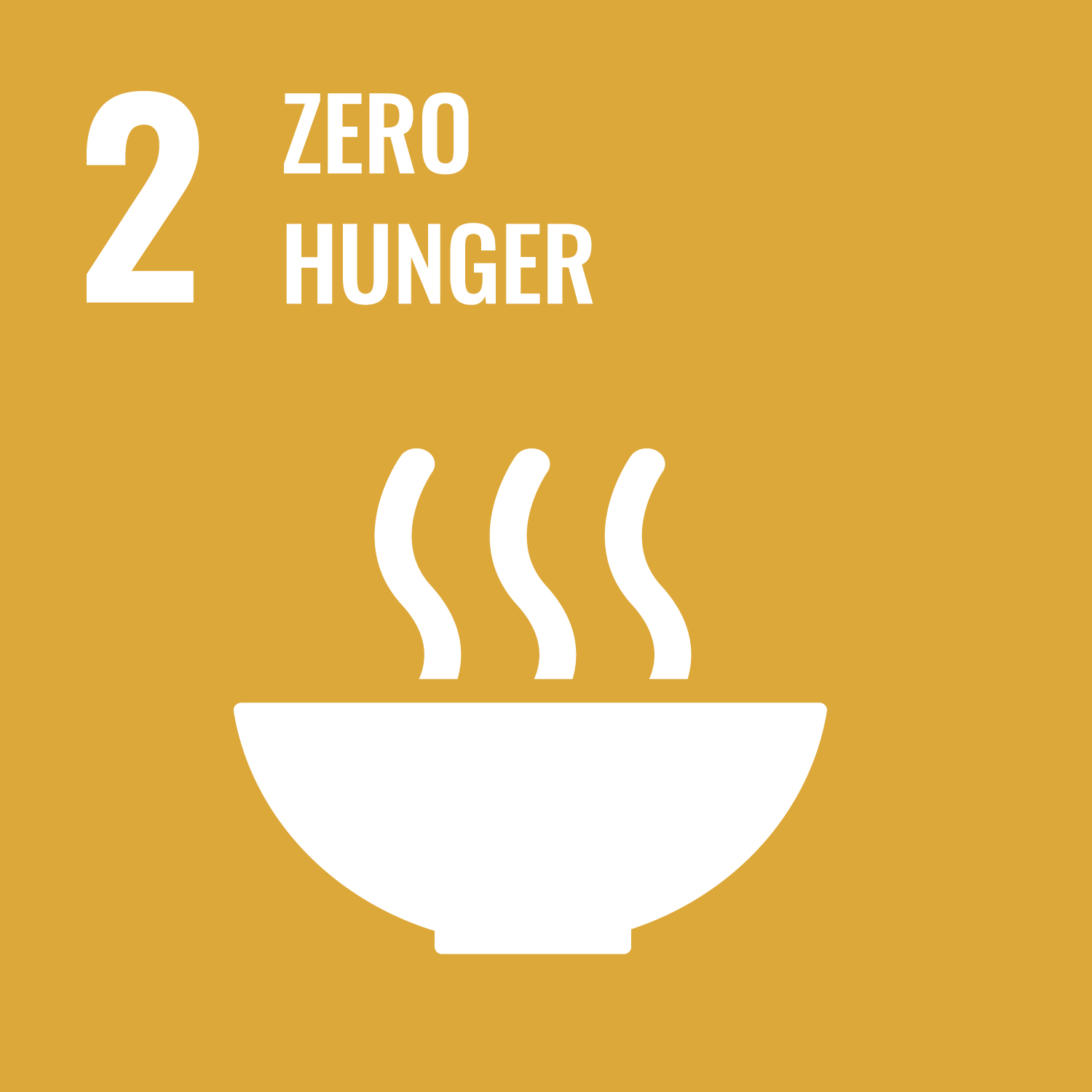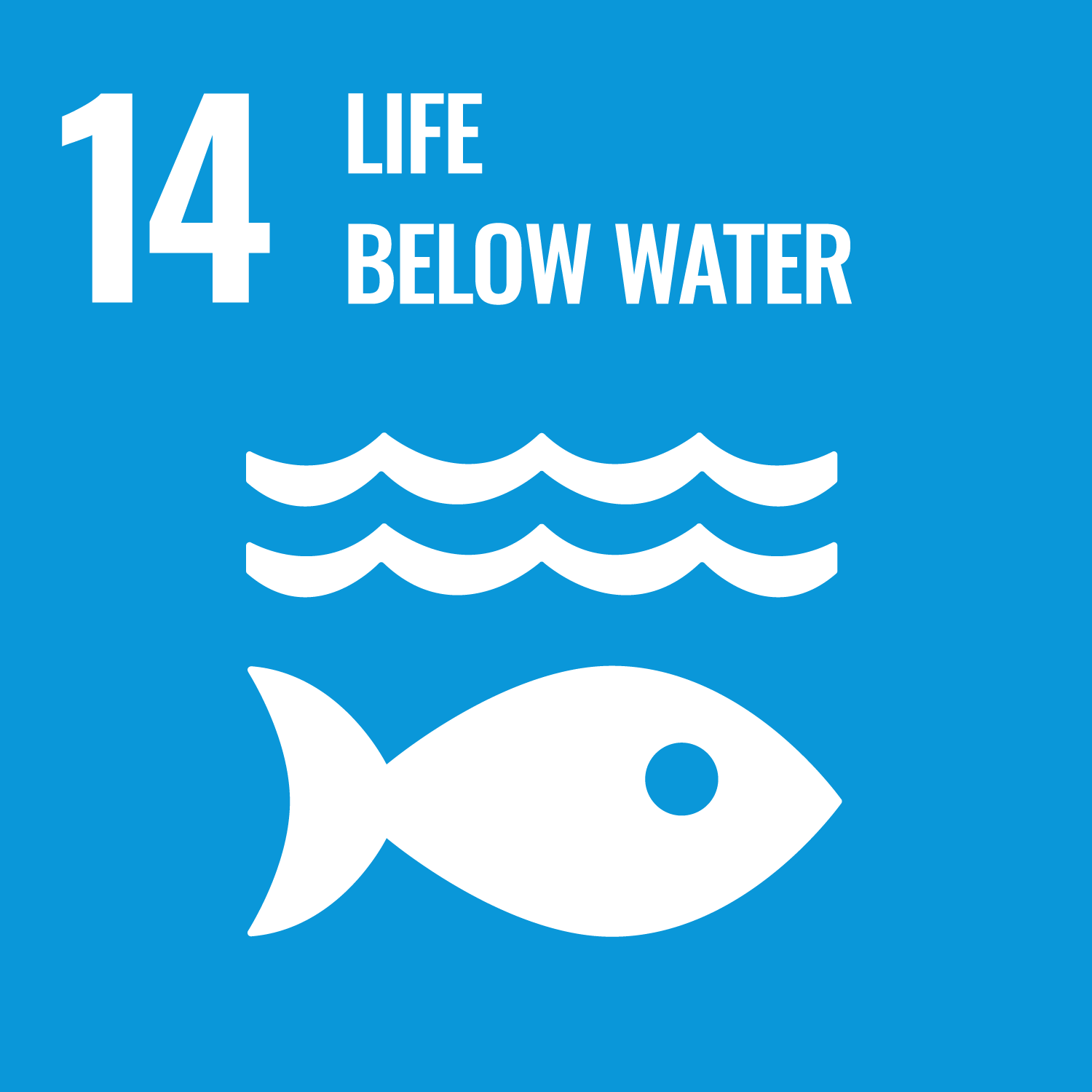Protection of Aquatic Ecosystems in India’s Northeastern Himalay Region
OBJECTIVES
DESCRIPTION
North Eastern Region of India is home to two of the thirty-four biodiversity hotspots of the world- a region abundant in flora and fauna particularly, a striking aquatic biological diversity. These include, among others, 520 fish species (35 endemic), 186 molluscs species and 367 different dragonfly species. These aquatic habitats make for a vital conjunction of biodiversity conservation, water and food security, and sustainable management; however, threatened through population growth, intensive and indiscriminate use, especially in the wake of climate change.
Threats loom large due to conflicts of use and objectives, such as overfishing, unsustainable fishing methods and techniques, direct anthropogenic interference, sedimentation of rivers and wetlands as a result of deforestation, development of residential and industrial areas, direct and long-term effects of climate change etc. Changing demographics, lifestyle patterns, over-exploitation and neglect of traditional sustainable practices underpin the stresses of these already vulnerable and neglected aquatic ecosystems with devastating repercussions for the fish and invertebrate stocks and thus, the livelihoods of the dependent population.
Against this background, the project aims to strengthen the conservation and sustainable use of the unique aquatic ecosystems in the region, which are the basis of life for millions of people. To this end, the capacities of relevant stakeholders for the participatory development of protection and sustainable use concepts for aquatic resources in selected river sections in four states – Assam, Manipur, Meghalaya and Nagaland are being promoted. These will then be validated in selected pilot projects.
APPROACH/FIELD OF INTERVENTION
The project is implemented in close cooperation with the Indian Ministry of Environment, Forest and Climate Change (MoEFCC), State Forest Departments, scientific institutions, civil society organisations and local communities with their traditional administrative structures. Three main output areas define the implementation approach of the project:
- Improving the research capacities and knowledge management of universities and research institutions and drawing up of scientifically sound action plans.
- Developing prioritised protection and sustainable use concepts for freshwater fish resources and invertebrates in a participatory manner and implementing those as pilot projects.
- Facilitating State authorities towards improved management and planning capacities for sustainable, climate-resilient protection and management practices for wild fish and invertebrate stocks.





